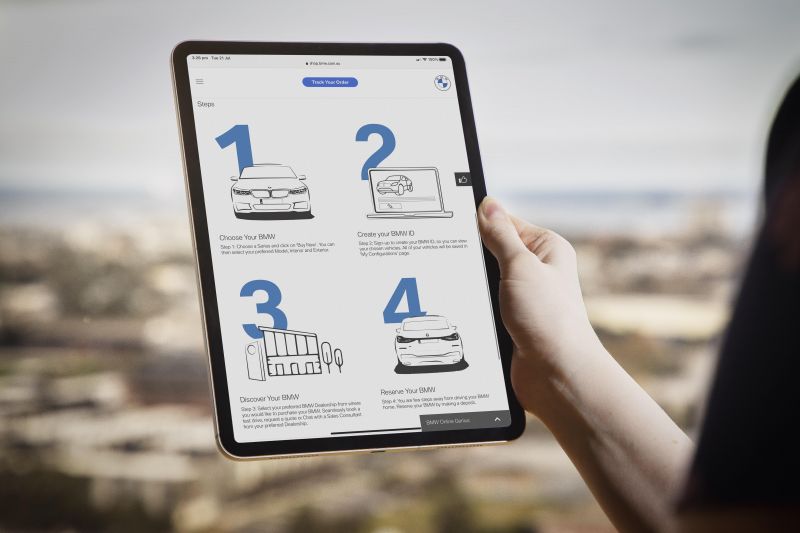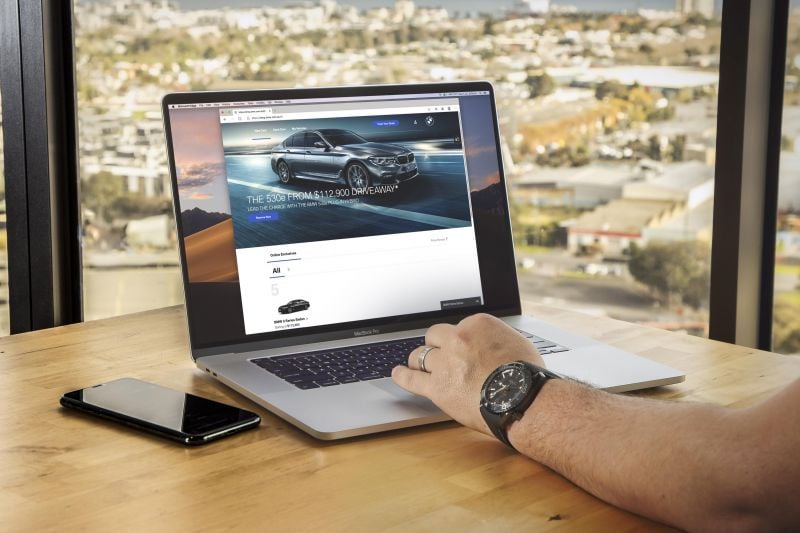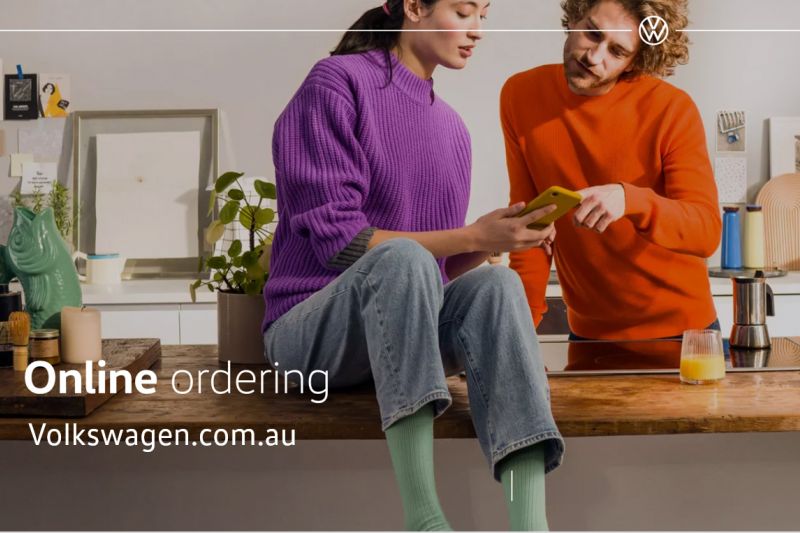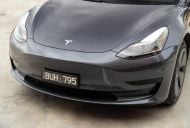Buyers who don’t want to visit a showroom have been given more power by BMW.
BMW Australia has followed Audi and Volkswagen in adding a stock locator to its online sales system, known as BMW Shop.
Potential buyers will be able to see which dealer has stock of a car and organise a test drive through the BMW Shop, and even get a quote online.
Deposits can also be paid online, allowing people to lock in a car remotely.
BMW launched its online sales system with the 530e plug-in hybrid, while Mini has kicked off by allowing buyers to order the Countryman Stafford Edition online.
Online car sales are a growing piece of the puzzle for carmakers in Australia.
Dealerships have been prevented from selling to customers due to lockdowns intended to stop the spread of COVID-19, with dealerships in Melbourne only reopening yesterday. Consequently, carmakers have accelerated the development of alternative ways to reach customers.
Volkswagen, Audi, Kia, Toyota, Subaru, BMW, and Mini have launched ways for customers to buy cars online during the pandemic in Australia.
Anastasia Lloyd-Wallis, consumer behaviour expert at Retail Doctor Group, told CarExpert the pandemic has accelerated the switch from in-person retail to online sales.
“Pre-COVID, on average nine per cent of Australia retail as a whole was done online,” Ms Lloyd-Wallis said.
“In the last six months we’ve seen a massive accelerant, COVID has really brought it forward. We’re now seeing about an average of 15 per cent.”
Volkswagen Australia says it has sold 460 cars since launching its online sales portal, with a combined value of $36 million. Although that represents just 1.55 per cent of its sales to date in 2020, the average online sale price of $78,260 is significant.
Ms Lloyd-Wallis says Australians are increasingly willing to spend big money online, having graduated from buying groceries and clothes to furniture, luxury goods, and electronics.
Technologies such as augmented reality – which allow potential buyers to view a virtual version of the car they’re considering in their driveway, for example – have also played a role in making buyers comfortable parting with their hard-earned from a distance.
Despite the shift to online sales, she says there’s going to be a role for in-person interaction for a long time yet – although exactly what that looks like might need to change.
“There’s a growing divide between convenience and experiential retail,” she said.
“Effectively, what’s transactional and what’s an experience. I think there’s still a large place for the physical store, and that will never go away because consumers, we’re all social beings. We like to interact, we like to experience products.”
“It’s all about the experience. So it’s much more about how that car fits into your lifestyle, and rather than just having several cars [in a showroom] it’s evoking those emotions, creating this emotional experience in the showroom – because customers are really looking for, when they leave their house, they really want it to be more of an experience,” Ms Lloyd-Wallis later said.
“I think that’s really going to filter through to that car-buying experience. If [customers] making the effort to set foot in the showroom, they want it to be special.”






